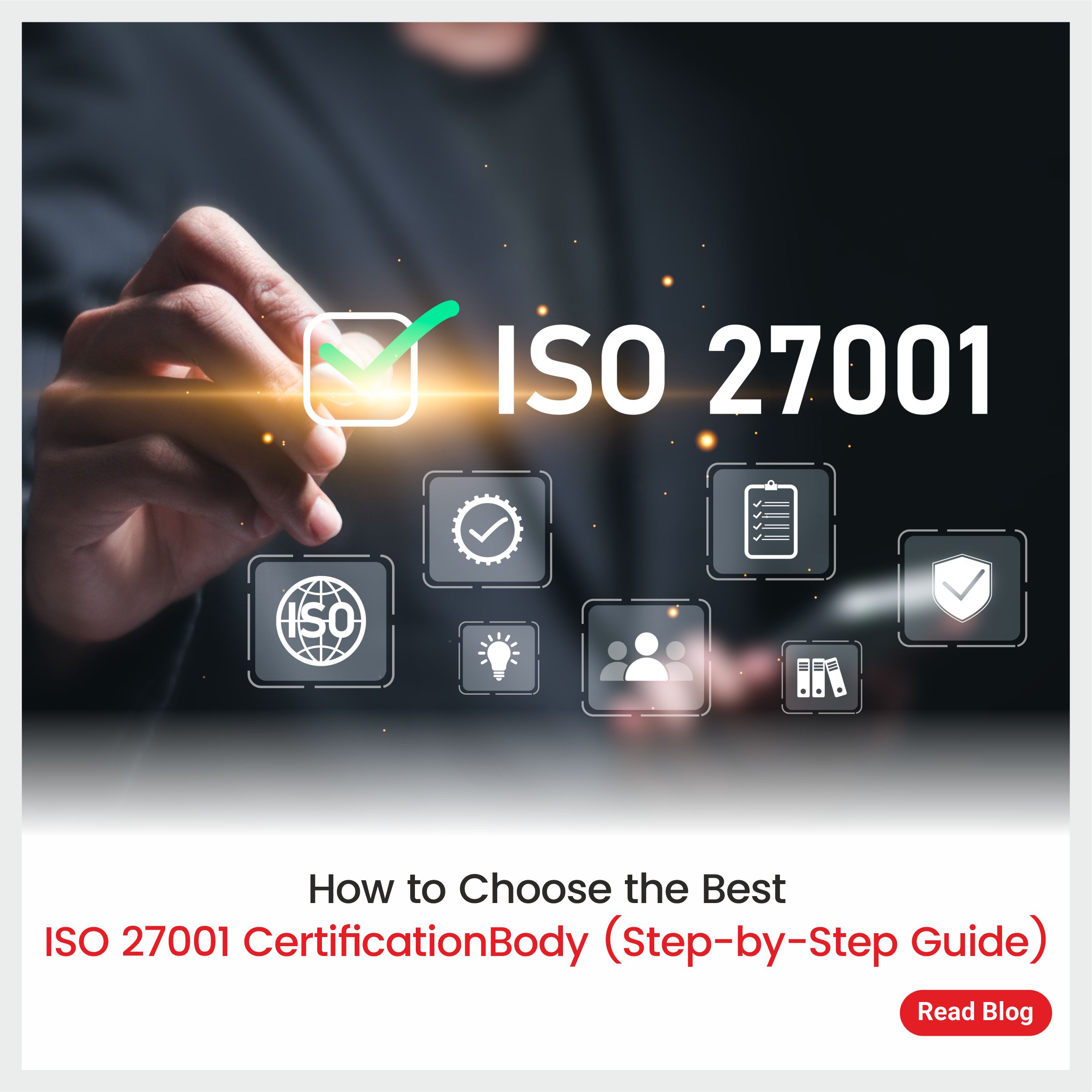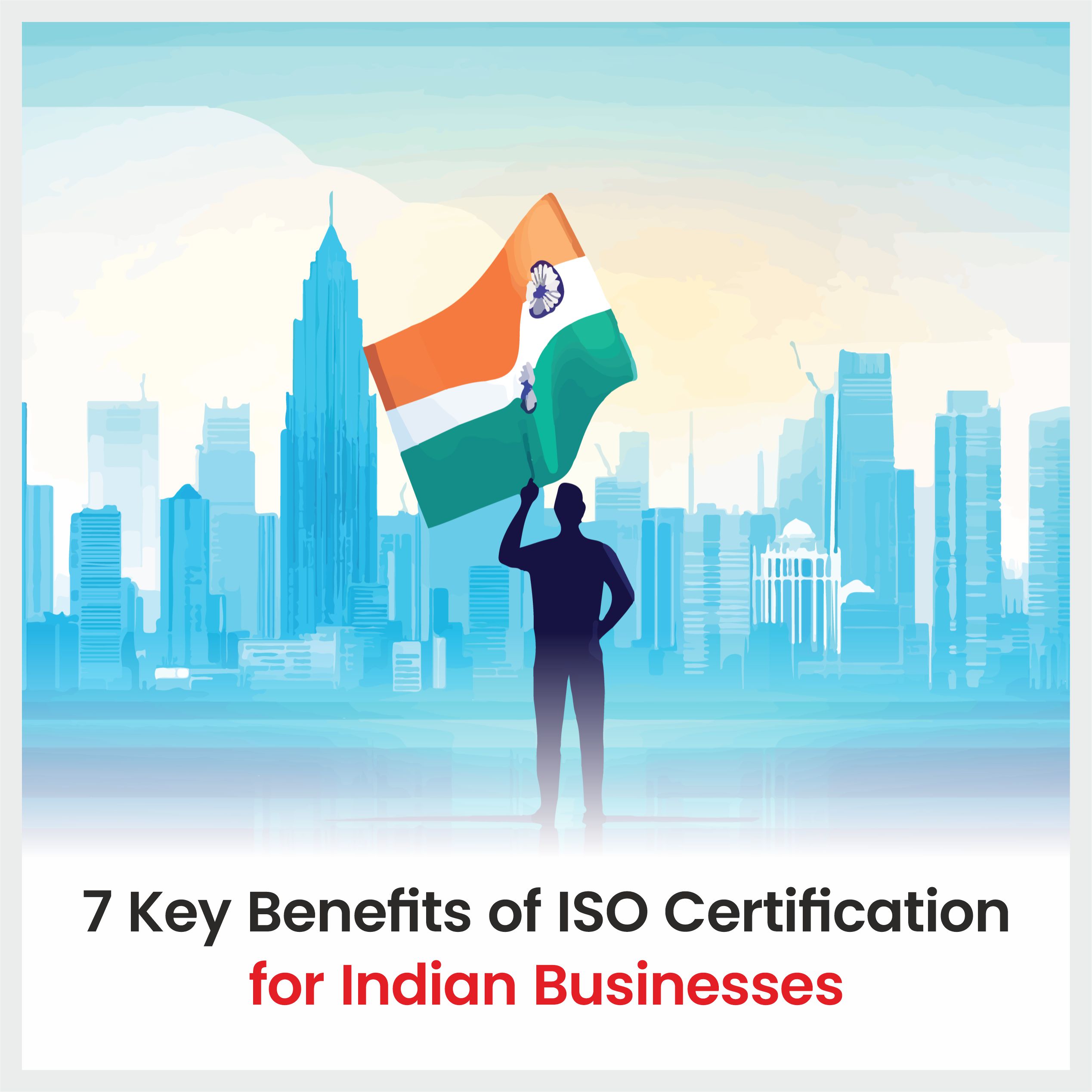GET ISO Certification for Tourism Industries
How is ISO Certification helpful for tourism industries?
The globally accredited ISO Certifications are helpful for almost all the industries in the world. The tourism industry are the major sectors that immensely contribute to the country’s economic growth. The tourism industries are believed to be the revenue booster of any nation’s economy.
Therefore, in recent times, there is an instant increase in demand for maintaining the quality and efficiency in the tourism industry. Here, comes the role of ISO Certification for tourism industry which can help your tourism business to provide the best quality products or services to your tourists or visitors. ISO Certification for tourism sector is also highly productive in fulfilling the needs and demands of tourists.
ISO Certifications have the highest potential in delivering quality assured products or services for the tourism industries which in return helps in creating enormous profits for the company. ISO Certifications help to elevate your company’s reputation by demonstrating that you are committed to meeting internationally recognized standards of excellence. Thus, ISO certifications are very much helpful for the tourism industry.
How is ISO Certification helpful for tourism industries?
ISO Certifications are internationally recognized standards that are greatly needed to be accomplished by the tourism industry in order for them to emerge as efficient and effective management systems. The tourism industries are those industries that involve a lot of risks such as terrorism, war, or political instability. As a result, there is a high concern regarding the quality and safety of tourism services. With the help of ISO Certification for the tourism industry, the tourism sector can prove its effectiveness and efficiency in complying with the required standards for tourists or visitors.
One can feel the ultimate need for ISO Certifications for the tourism industry at each and every stage of their services. In that regard, some points are mentioned below:-
- More methodized delivery of services, improving your reputation and helping you win new tourists or visitors and retain your current tourists or visitors.
- Take necessary measures to reduce the impact of workplace incidents.
- Recognizing and managing current and future risks to your business.
- ISO Certification is applicable for almost all types of tourism industries regardless of their size, type, or process.
⚡ Key ISO Standards for Tourism Industry
💡 Get Certified. Get Recognized. Grow Globally!
Boost your organization’s credibility, trust, and performance with internationally recognized ISO Certifications and Professional Trainings.
📜 ISO Certifications:
ISO 9001, ISO 14001, ISO 45001, ISO 22000, ISO 27001, ISO 27701, etc.
🎓 Training:
Lead Auditor Training, Lead Implementor Training, Internal Auditor Training, etc.
🔐 Infosec:
VAPT, GDPR, CMMI, SOC 1, SOC 2, HIPAA, HITRUST, PCI DSS, Cyber Security Audit, etc.
✨ Your Partner for a Sustainable Tomorrow ✨
Note:: The certification process begins with submitting a form and technical details, which are used to determine audit man-days. Our experts evaluate the information and share the cost and timelines with the client. We value your time and ensure quick responses, clear communication, and timely delivery of services.
Benefits of ISO certification for tourism industries
ISO Certifications play a significant role in boosting the growth of any industry in the world. For any organization, ISO Certification is the ultimate achievement to guarantee that their products or and services are of the finest quality. Thus, achieving ISO Certification for your tourism businesses can reward you with enormous profits.
Some profits of having ISO Certification for your tourism business are as follows:
- With the help of ISO Certification, you can continually improve all your processes in the organization.
- ISO Certification can manifest new goals or aims to be achieved by the organization.
- With the help of ISO certification, your company can compete at the international level with other robust competitors.
- With the help of ISO certification, you can fulfil tourists or visitors’ expectations by providing them with safe and quality based products or services.
- With the help of ISO certification, you can provide a foundation for the effective and efficient delivery of products and services and give high emphasis on balancing the usage of energy encouraging cost saving in the organization.
- ISO Certifications for the tourism industry reduce the reworking of the processes in your organization, which in return encourages cost savings in your organization.
Which standards or ISO certificates are required for the tourism industries?
The International Organization for Standardization (ISO) issues certain standards that help in implementing systematized management systems for ensuring quality products and services as well as enabling compliance to the related regulations.
The most common ISO Certification for tourism industry include ISO 9001, ISO 14001, ISO 45001, and ISO 50001. Let us have a brief look at each of these standards:
ISO 9001 Standard
ISO 9001 is a specially designed standard that aims at implementing Quality Management Systems (QMS) in your organization. It helps your organization in ensuring your customers and clients about the quality of construction materials, which plays an important role in building robust infrastructure.
ISO 14001 Standard
Internationally recognized ISO 14001 standard helps you in improving your interaction with the environment by providing the framework for the establishment of Environmental Management Systems (EMS) in your organization. It helps you in managing your resources and reducing wastage in order to make your activities environmental-friendly.
ISO 45001 Standard
Globally required ISO 45001 standard provides the framework for implementation of Occupational Health and Safety Management Systems (OHSMS) in your organization. It helps in ensuring the safety and wellbeing of your workforce and the prevention of work-related injuries or diseases.
ISO 50001 Standard
ISO 50001 standard aims to implement energy management systems (EMS) in your organization. It helps your organization to maintain and manage the amount of energy used in your organization. This also encourages cost saving in your organization.
ISO Certification process for Tourism Industry
- Application & contract
- Audit team Assignment
- Document view
- Certification Audit Independent review
- Notification of Certification
- Surveillance audit
- Re-Assessment
The certification process goes further. click here to view the next steps to the ISO certification Process
ISO certifications have huge significance across a varied range of industries. They not only help to improve the processes within the organization but also ensure a smooth flow of services throughout the supply chain. Know more about Sis Certifications: https://www.youtube.com/c/SISCert
FAQs
The most commonly required ISO standards that are applicable for the tourism industry are as listed below:
- ISO 9001 Standard: Quality Management System.
- ISO 14001 Standard: Environmental Management System
- ISO 45001 Standard: Occupational Health and Safety Management System.
- ISO 50001 Standard: Energy Management System.
Achieving ISO Certification is no big deal in today’s upgraded systems. The basic steps to become ISO Certificate for tourism industries Industry are as follows:
- Firstly, you need to prepare all the relevant information about your company in a systematized way (It is always best and safe to hire a legal consultant.)
- Secondly, you need to document all the relevant information about your business.
- Thirdly, you have to implement all the documented information in your organization.
- Fourthly, get ready for the internal audits which are performed first during the certification process and then periodically after.
- Lastly, if the certifying body approves your management system then you will be awarded the required ISO standard.
An ISO Certificate is valid for 3 years. And during this time period of 3 years, a surveillance audit is conducted on an annual basis to ensure that ISO quality standards are being maintained by the organization.
- Firstly, select the type of ISO certification you want for your tourism industries Industry.
- Secondly, selecting a recognized and credible ISO certification body (ISO Registrar)
- Thirdly, make an application in the prescribed form which should include liability issues, confidentiality, and access rights.
- Fourthly, the ISO certification body will review all the documents related to various policies and procedures being followed in the organization. If there are any existing gaps, the applicant has to prepare an action plan to eliminate these gaps.
- Then, the ISO registrar will conduct a physical onsite inspection to audit the changes made in the organization.
- As soon as the certifying body approves your management system, you will be awarded the required ISO standard.
Basically, when you approach a certifying body for ISO Certification and they approve your management systems and all your processes, they will then quote an amount for the certificate. Moreover, the cost for achieving ISO certification for textile industry depends mostly on your organization, such as the no. of employees in your organization, No. of branches your organization has, and many more.
Missing Something?
We’re here to help you find exactly what you need—just let us know, and we’ll guide you in the right direction.
LATEST NEWS & BLOGS

India’s Digital Payments Story Runs on One Invisible Layer: PCI-DSS
India at the Center of the Digital Payments Boom With a boom in the digital economy, India finds itself at

How to Choose the Best ISO 27001 Certification Body (Step-by-Step Guide)
Data breaches can happen at any time, and regulators or clients can also act without warning. ISO/IEC 27001 certification is

7 Benefits of ISO Certification in India for Business Growth
Businesses claim to deliver QUALITY in today’s cut-throat market; however, there is no source to verify the claims. What if

